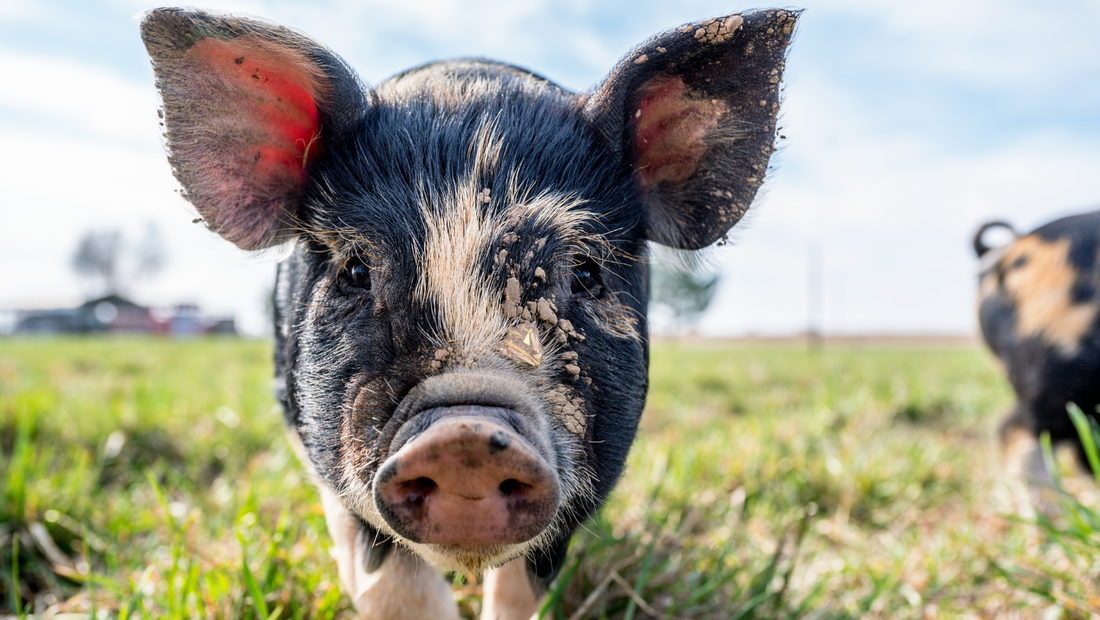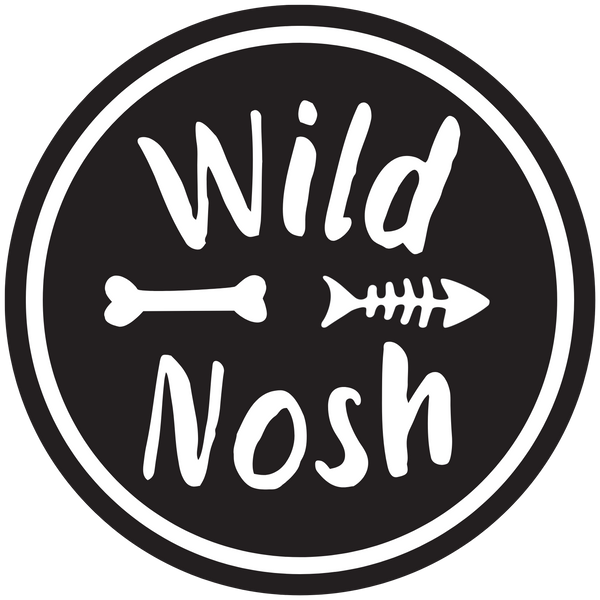
Back to our Roots. What is a Heritage Breed?
Heritage Breeds Defined
If you’ve shopped for treats on our chicken or pork pages, you’ve likely seen us touting the fact that we’ve sourced our products from heritage livestock breeds. This may leave you wondering, what exactly is a heritage breed? The Livestock Conservancy, a nonprofit organization dedicated to preserving rare livestock, defines heritage breeds as animals with a long history in the United States, developed before industrial agriculture, and bred to thrive in their local environment. Rather than being bred for rapid growth in an industrialized setting, these were the breeds our forefathers raised. They were instead selected for their ability to forage, their maternal instincts, and their resistance to disease and parasites.
Why Does it Matter?
As farming and ranching have become more industrialized, they have also become less diverse. A recent study found that modern chickens have lost at least half of the genetic diversity of their ancestors, opening them up to a higher risk of disease and a lower ability to adapt to environmental changes. Genetic diversity plays a critical role on an increasingly warm and crowded planet, allowing ranchers and the livestock they tend to adapt to a constantly changing climate. Despite the need for a more diverse gene pool, nearly 100 breeds of livestock have gone extinct between 2000 and 2014. This has been the result of a push for fewer, heavily selective breeds that emphasize rapid growth and weight gain in commercial operations above all else. Seventy-five percent of the world’s food comes from only 12 plant crops and 5 breeds of livestock.
Animal Welfare
Because of their long history and the climate in which they were bred, heritage breeds are uniquely well-suited to small-scale, pasture-centered ranching. Unlike commercial turkeys who have been bred to be so large that they are unable to breed naturally, dairy cattle that are losing fertility, or chickens that are prone to cardiac arrest, heritage breeds grow at a natural rate, more consistent with their wild ancestors. Any modification or selective breeding has been done to help them thrive better in a particular environment or to be more resistant to a prominent disease. This allows ranchers to let the animals be animals, may lower their reliance on antibiotics, and results in happier, healthier animals. When you purchase Beast Feast pork and chicken products, you’re supporting farmers who are putting animal welfare and natural behavior above rapid growth and production.
